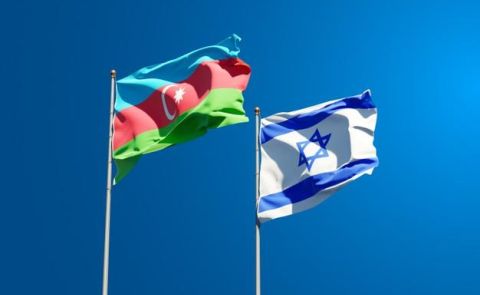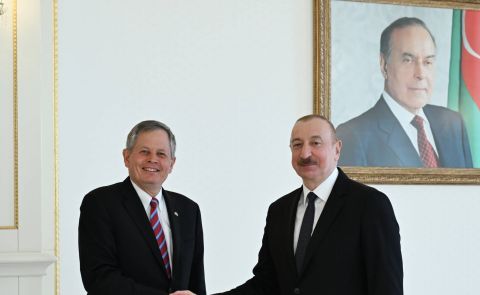
De Waal on Abkhazia and the Armenian-Azerbaijani Conflict

In an interview with OC Media on January 31, prominent Caucasus expert Thomas De Waal talked about developments within Abkhazia and the possibility of new international integration efforts regarding the breakaway region as well as changes in relations between Armenia and Azerbaijan
Assessments on Abkhazia
According to De Waal, until recently Abkhazia had a "some quite democratic culture", which has recently been undermined by problematic developments. For example, there is currently a democracy deficit in terms of equal rights for non-Abkhaz ethnic groups, which means that Abkhazia in De Waal's eyes can be categorized as an "ethnocracy". A particular issue that the expert addressed in this context was the treatment of the Gali-Georgians as second-class citizens.
According to De Waal, Abkhazia had a pro-European sentiment in the early 2000s that was marked by "genuine, if a bit naïve" aspirations. Accordingly, it was assumed that the European integration and the independence of Georgia could be pursued in parallel as goals. However, this pro-European stance ended in 2008 with the Russian-Georgian War.
Since then, overtures by the EU have been blocked by Abkhazia and Russia, which usually rejects any EU initiative. However, De Waal points out that it should not be forgotten that the Georgian government is also skeptical of attempts by international actors to integrate its breakaway regions, as Tblisi fears that such efforts could lead to a "creeping recognition" of these entities.
According to De Waal, the concept of "creeping recognition" is fundamentally flawed, since a change of the international status of an entity must always be within an official framework. Georgia should therefore open up to the initiatives of international actors, especially as initiatives under Georgian auspices, such as the "Step to a Better Future" initiative, are met with distrust within the breakaway regions and, after many years of separation, have only a very limited potential to bring societal change. The current status quo, according to De Waal, also continuously drives Abkhazia and Russia closer to each other, which should be an additional incentive for Tbilisi to change its foreign policy approach. In order to provide serious ground for a conflict solution, according to De Waal, there must be an involvement of international actors.
Here he sees the EU as the actor who is mainly responsible for progress, which according to him should still have a strong interest in resuming integration attempts, as the existence of unrecognized republics in the European neighborhood is contrary to the interests of the EU and the objectives of the Eastern Partnership. The integration of Abkhazia into the international community is, according to De Waal, much more promising than overtures to South Ossetia or Nagorno-Karabakh. Even if the withdrawal of Russian troops from Abkhazia continues to be not a negotiable topic, according to De Waal, one could focus on societal issues and follow a "multi-level approach" to facilitate contacts between Abkhazia and Tbilisi in the future.
Assessments on the Armenian-Azerbaijani conflict
In his interview with OC Media, De Waal was much more sceptical about the recent rapproches between Ilham Aliyev and Armenia's new prime minister, Nikol Pashinyan. Although he sees the lower level of violence at the contact line, the newly established hotline between the two sides and the de-escalation of rhetoric as positive developments, De Waal warns against unrealistic expectations. It should be remembered that the previous situation has been so tense that any positive development now leads to headlines. De Waal points out that so far nothing has changed in the core positions of both states, which are incompatible with each other.
De Waal believes that the government of Azerbaijan hopes that Pashinyan, as a democratically legitimized head of government, can initiate a debate on an Armenian compromise position on the Nagorno-Karabakh conflict. Therefore, Baku is currently ready to give the Armenian government more leeway.
Nevertheless, De Waal believes that a "land for peace" deal will continue to be the only real option for a conflict resolution. However, in his opinion, this would be very difficult to push through and could only be pursued as a long-term goal. He fears that Baku's expectations may be too optimistic in this regard. To further explain his skepticism, De Waal cited other territorial conflicts, in which, despite more comprehensive de-escalation attempts, no final political solution could be found.
See Also

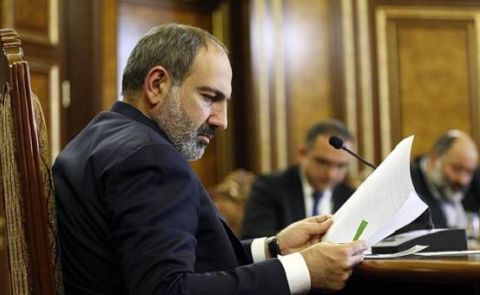
Pashinyan Commemorates First Republic Day, Highlights Progress in Sovereignty and Peace Efforts
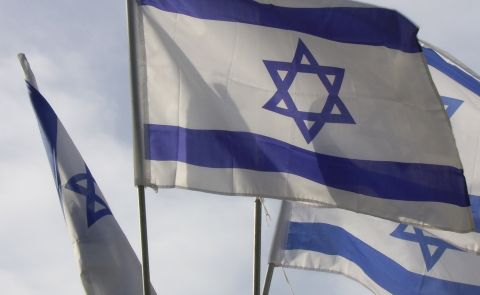
Israeli Ambassador to Armenia Acknowledges Challenges but Optimistic About Future Armenian-Israeli Cooperation
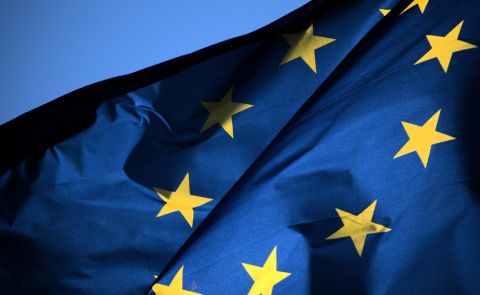
EU Plans Closer Cooperation with Azerbaijan, Georgia, Türkiye, and Other Black Sea States
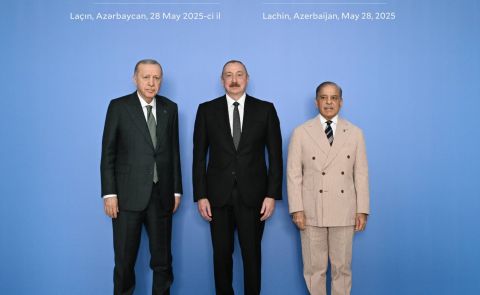
Azerbaijan, Türkiye, and Pakistan Highlight Growing Strategic Cooperation at Lachin Summit
